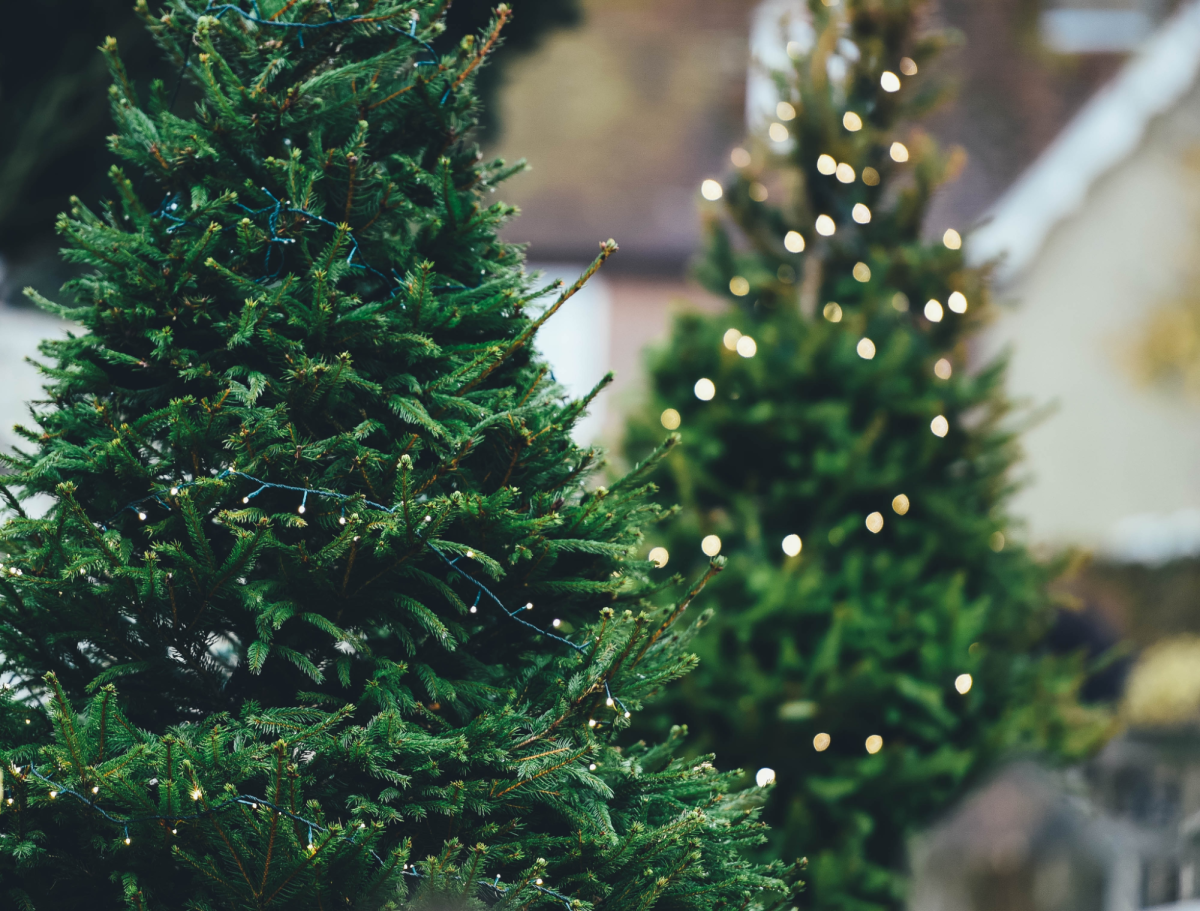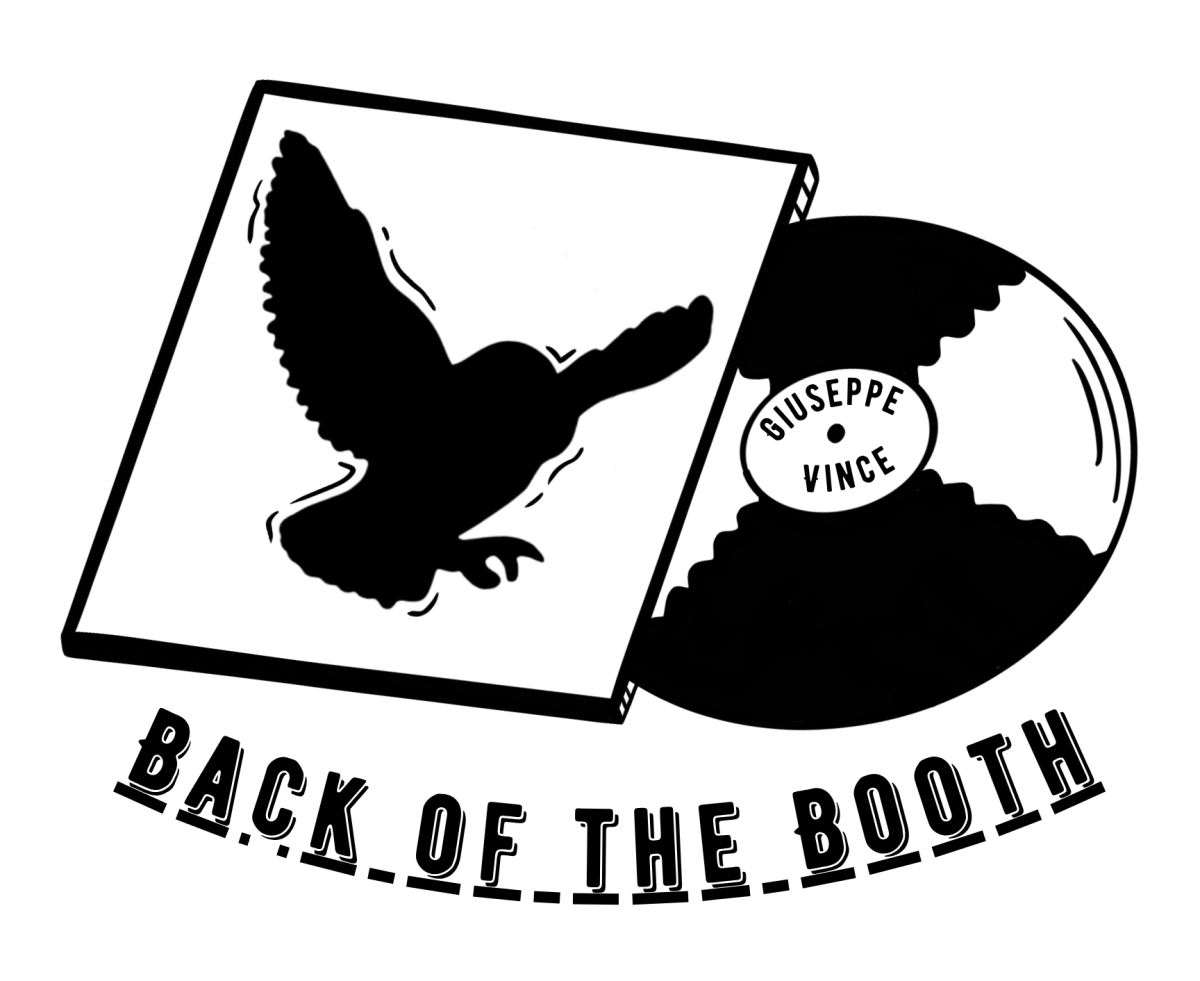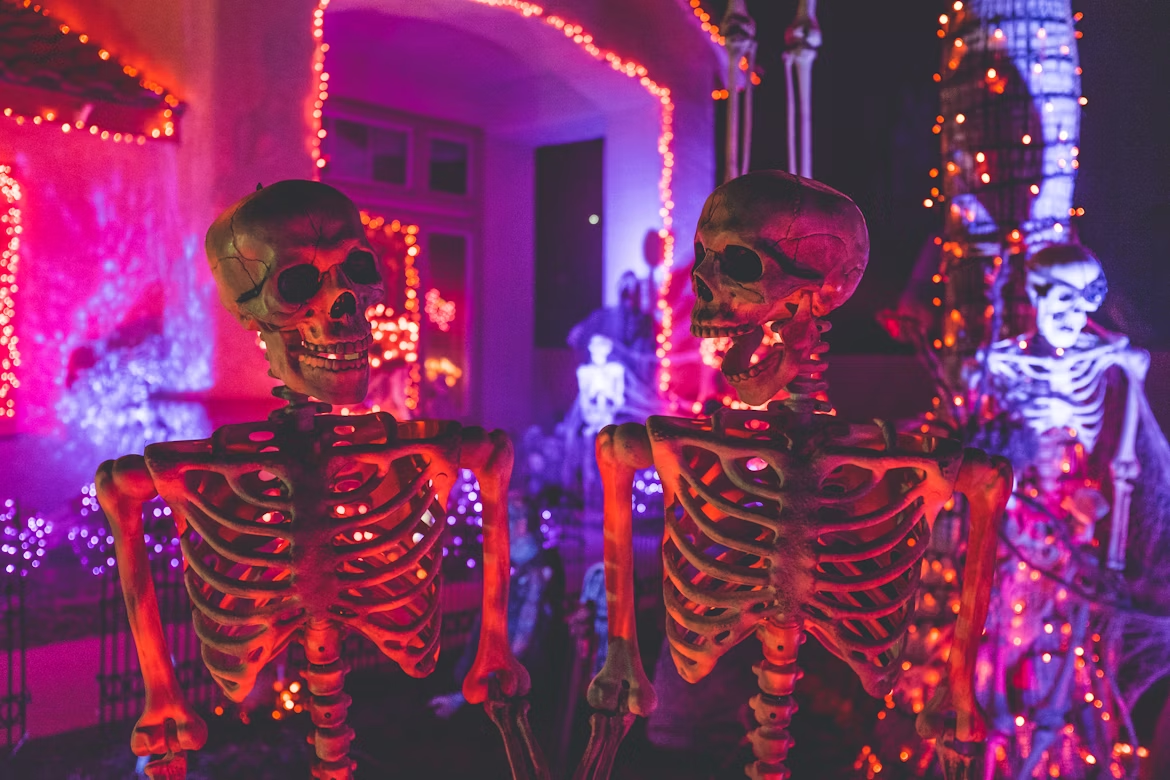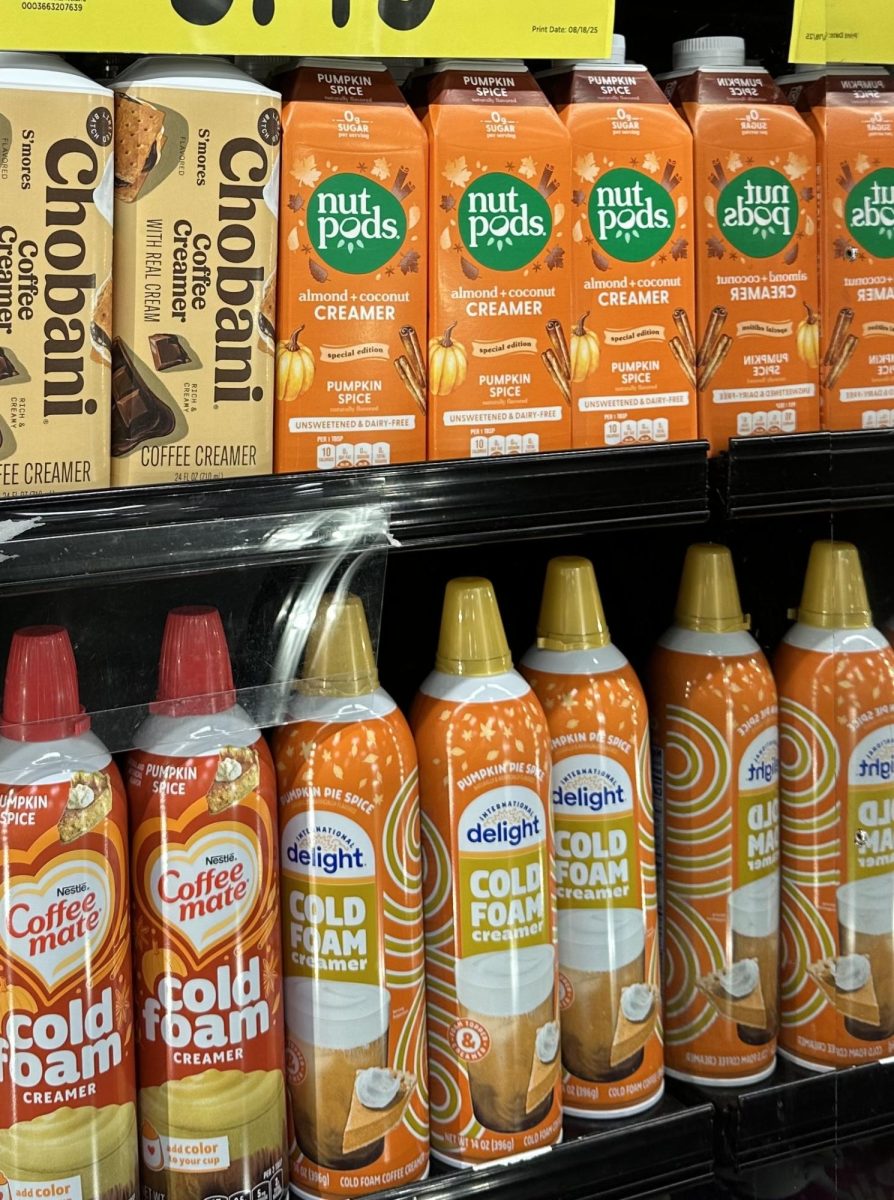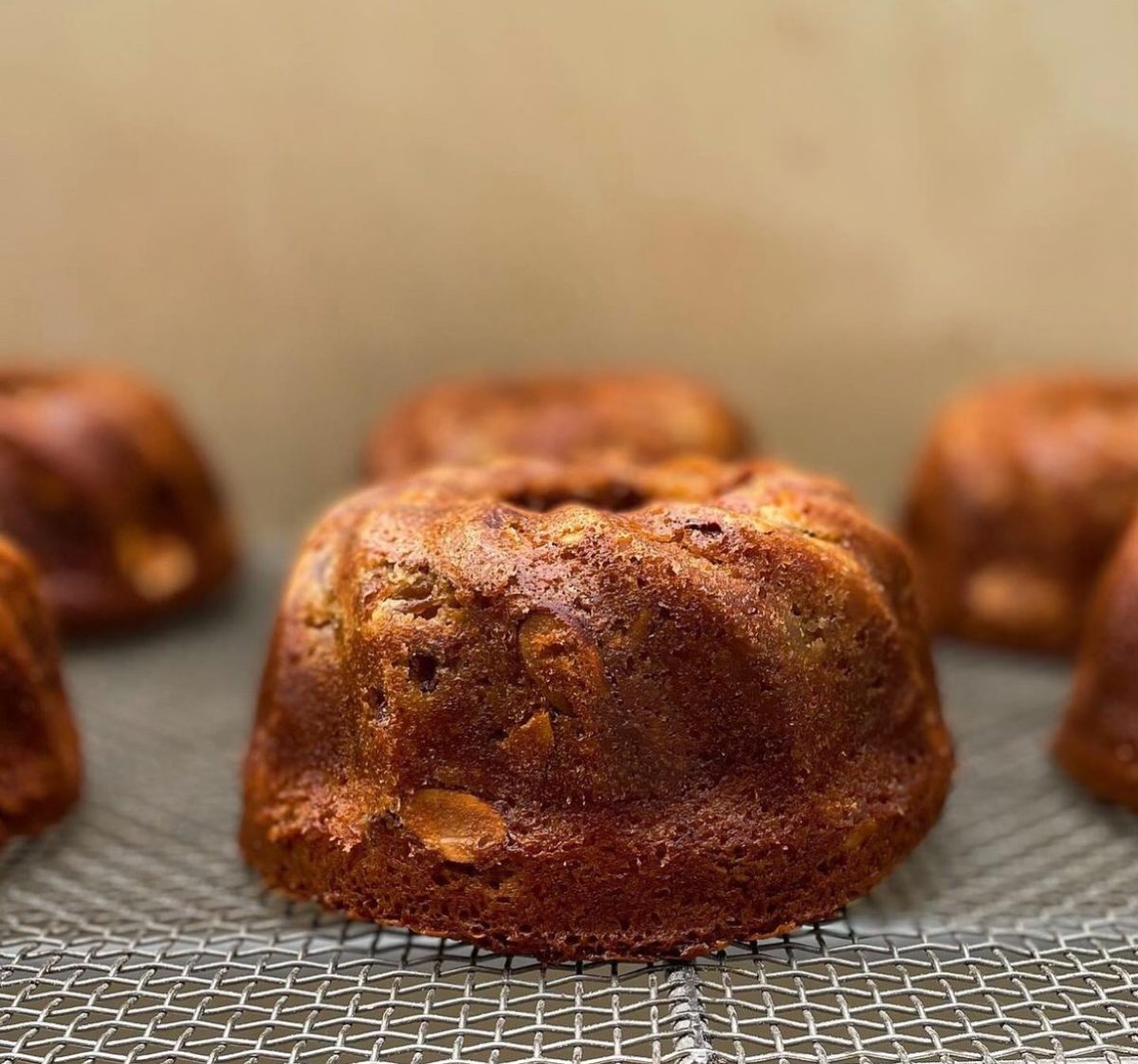During the winter months, families worldwide come together each year to celebrate. Whether they’re celebrating Kwanzaa, Hanukkah, Diwali, or Christmas, this special time is cherished by every generation. In America, students and teachers get two weeks off of school to celebrate their holidays, and with 85% of Americans celebrating Christmas, one question comes to mind: Is a real or a fake Christmas tree better?
One advantage of having an authentic Christmas tree is its effect on the environment. In the United States alone, over 10 million artificial trees are bought nationwide. With over 90% of these trees being from China, the carbon footprint of these trees is substantial when counting the emissions it takes to ship and produce them. Each artificial tree produces up to 88 pounds of carbon dioxide, over ten times higher than an authentic Christmas tree. Since they are plastic, most artificial trees aren’t recyclable and end up in landfills.
Meanwhile, buying a real tree supports recycling and has close to no carbon emissions. For every tree sold, over ten times as many are left in the forest, meaning they’re a sustainable and renewable source. Carefully using these forests for Christmas trees has been found to positively impact nature, keeping forest habitats healthy and supporting Christmas tree farms. By purchasing a natural Christmas tree, you are adding to the solution and cutting carbon emissions by up to 30%.
Another point of consideration is cost and effort. While it’s true that you can buy both types of trees for the same price, real Christmas trees need to be bought yearly, while artificial trees last up to six years. Buying a fake Christmas tree also saves you the hassle of finding and buying a new tree every year. They take half the effort, with some coming pre-lit or pre-decorated. Artificial trees also don’t drop needles on the floor, and they don’t need to be watered, trimmed, or put into a stand. They don’t need as much attention when being put up or taken down and are not as hard to get rid of. Authentic trees require more maintenance, especially when being disposed of. Many people will burn the trees, which returns all of the carbon into the atmosphere; almost as bad as putting the tree in a landfill. Instead, you can reuse the tree to make wreaths and firewood or compost it.
One of the most important things people think about when getting a Christmas tree is it’s looks. There are over 30 different species of real Christmas trees and even more artificial ones. Recently, artificial trees have become more realistic, even fooling people into thinking they’re real. Furthermore, many artificial trees come in different colors and styles, which is appealing to buyers. Ava Thompson, a sophomore at Ida B. Wells, is an artificial tree advocate. “We don’t only have a green tree, but also a white tree. They are also reusable.”
Despite this, many people believe that natural trees are better. “Real trees smell super good, but fake ones don’t smell at all. Each year, my family and I get a Christmas Tree together and decorate it. We always listen to Christmas music together, and it’s a really fun part of the year,” said Ivy Rust, a freshman at Ida B. Wells.
Finally, safety is a huge concern with Christmas trees. Roughly 200 home fires each year start because of Christmas trees, particularly real trees. When real trees dry out, they become very flammable. Artificial trees combat this by adding a flame-retardant to their branches, although they’re not guaranteed flame-proof. These chemicals can be concerning to many people when buying a Christmas tree.
Even though it seems that artificial trees are much safer, don’t be too sure. Although real Christmas trees are indeed more prone to fire, over 44% of Christmas tree fires are due to electrical malfunction, which can happen whether you have an artificial tree or not. The most important thing to do is to make sure that your tree is properly taken care of, and not near any electrical hazards or fireplaces.
Each tree has its pros and cons, and it depends on what you and your family appreciate most in a tree. Most importantly, just make sure that your tree is well taken care of, disposed of correctly and enjoyed thoroughly!


